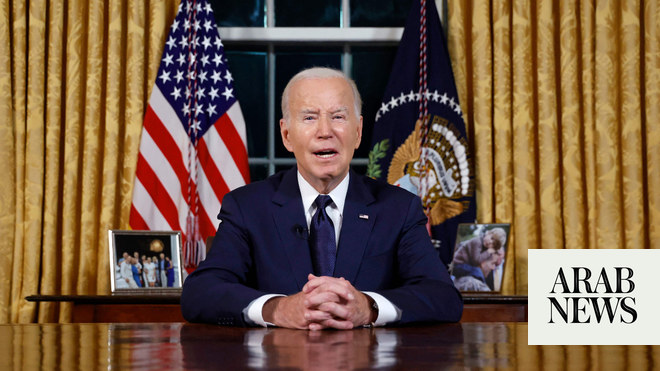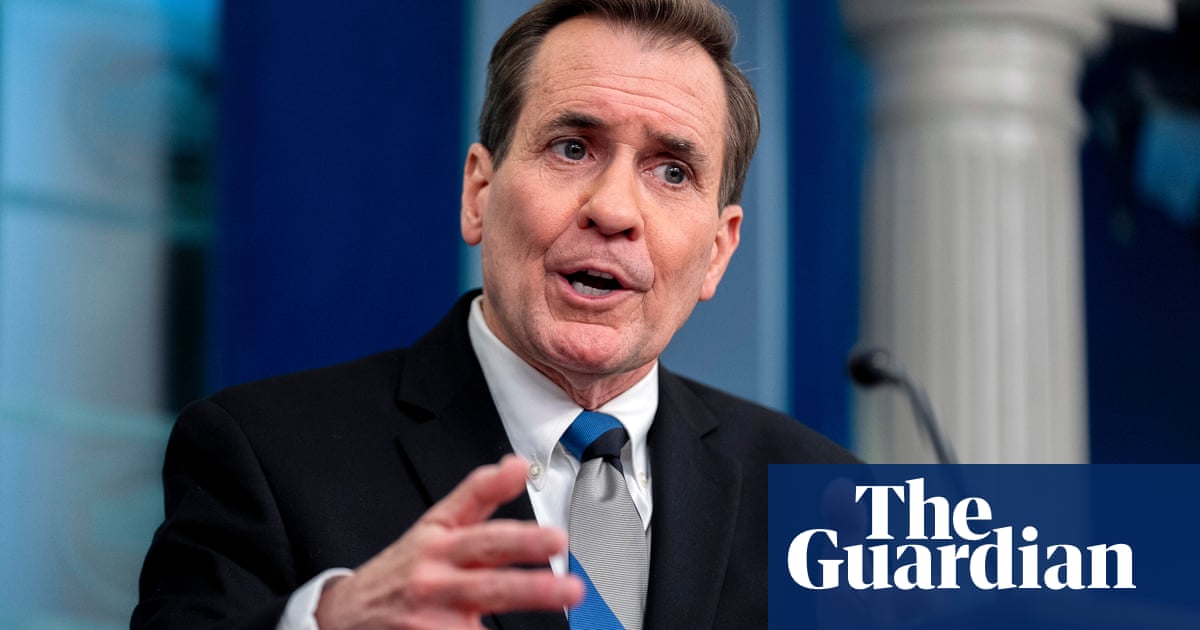
Newly inaugurated US President Joe Biden and a number of his top officials have a personal link to Iraq’s ongoing ordeal and they need to make amends. As chair of the Senate Foreign Relations Committee in 2002, Biden pushed to give then-President George W. Bush the ominous authorization to wage war against Iraq — a decision that proved to be a huge geopolitical plunder that continues to haunt millions of Iraqis today. In 2006, Biden suggested in a New York Times op-ed that Iraq should be partitioned along sectarian and ethnic lines. And, as vice president to Barack Obama, Biden supported the controversial and notorious rule of then-Iraqi Prime Minister Nouri Al-Maliki.
The Obama administration did little to push back against Iran’s growing meddling in Iraqi affairs. Only after Daesh took almost a third of the country did the US intervene militarily through an international coalition. Ironically, it then fought alongside Iran-backed militias known as the Popular Mobilization Units (PMU), run by Iranian commander Qassem Soleimani. As Daesh terrorists were run down, the US stood by as these pro-Iranian militias emerged as powerful players in Iraqi politics; deepening the ethno-sectarian divisions that plagued the country.
Former President Donald Trump had one main goal in his mind: To withdraw from Iraq and Afghanistan and reduce America’s dependence on the Middle East. By the time he left office, the number of US troops in Iraq had dropped to 2,500. The drawdown took place at a critical time for Prime Minister Mustafa Al-Kadhimi, who came to power in the wake of popular uprisings against rampant corruption, poor public services, and flagrant Iranian meddling. Al-Kadhimi’s mission of curtailing the power of the PMU, stamping out corruption, and leading the country toward free and fair elections was made more complicated by the killing of Soleimani and PMU head Abu Mahdi Al-Muhandis early last year.
It is fair to say that the previous US administration viewed Iraq from one angle only — that it was part of its faceoff with Iran. The reality is much different. A day after Biden was sworn in as president, a twin suicide bombing in a busy Baghdad market left more than 30 dead and 100 injured. It was the worst attack of its kind in more than three years. The massacre was claimed by Daesh. Two days later, a Daesh ambush north of Baghdad killed 11 members of the PMU. The message was clear: Daesh is making a comeback.
During his election campaign and afterward, Biden hardly mentioned Iraq. His top foreign policy team, including his choice for secretary of state, Antony Blinken, and defense secretary, Lloyd Austin, know Iraq well. And yet little is known about Biden’s vision for the US’ relations with Iraq. In recent weeks, pro-Iran militias have launched rocket attacks against the US Embassy in Baghdad and military bases where American troops are based. In the waning days of the Trump administration, the US had threatened to close its embassy in Baghdad. That would have been a big mistake.
Instead, the Biden administration must put Iraq at the top of its Middle Eastern agenda. The country is going through a critical phase with the resurgence of Daesh, the growing Iranian influence, and the possibility of it turning into a failed state. The last of these would affect the national security of Iraq’s Arab neighbors. One cannot deal with the Iraqi challenge without turning toward the Syrian crisis, Turkey’s incursion into the north, and Iranian attempts to push back against the US presence in Iraq.
The US must separate its confrontation with Iran from Iraq’s complicated internal problems. Yes, Iran’s growing influence in Iraqi affairs is a big challenge, but there are other issues facing the current Baghdad government that must be addressed. Al-Kadhimi is trying to restructure Iraq’s security bodies in a bid to limit Iranian influence and curtail outside meddling. And he now faces a new threat: That of Daesh’s recent attacks in and around the capital. He is trying to prepare the political scene for crucial October elections, which would take Iraq away from the divisive ethno-sectarian divisions. It is a tall order but he cannot do it without active US involvement.
Al-Kadhimi is trying to restructure Iraq’s security bodies in a bid to limit Iranian influence and curtail outside meddling.
Osama Al-Sharif
Biden’s personal Iraqi history notwithstanding, he needs to step up and invest in Al-Kadhimi’s efforts. The prime minister, along with Iraqi President Barham Salih, is trying to implement a progressive, non-sectarian, reformist and civilian path for Iraq. He has already earned the wrath of pro-Iranian militias for attempting to curtail their influence. He needs to have a strong ally on his side.
While Biden and his team appear to be focused on Iran’s nuclear deal as a priority, which is important, they should not take their eyes off what is happening in Iraq. Also, Iraq’s Arab neighbors should push hard to support Al-Kadhimi’s efforts. A collapse of Iraq would be catastrophic for the entire region.
Osama Al-Sharif is a journalist and political commentator based in Amman. Twitter: @plato010
Disclaimer: Views expressed by writers in this section are their own and do not necessarily reflect Arab News" point-of-view












